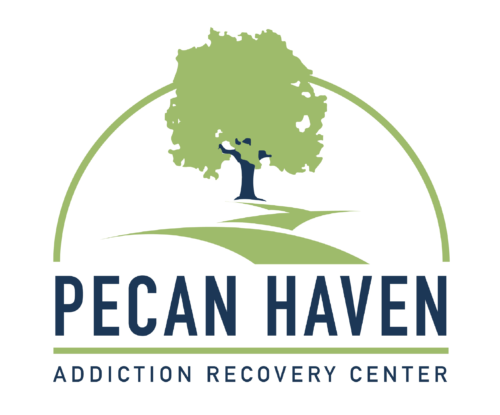People who are struggling with substance abuse and addiction didn’t intend to become addicted. The dangers of addictive substances are explained to students, starting as young as elementary school; kids are well aware that drugs can hurt them and get them into trouble with the law. So why does addiction still happen?
The answer is complicated, and of course varies from person to person. There’s no single answer that can define why substance abuse continues to be a global problem. However, there are a few identifiable scenarios that can easily send someone down the path toward substance abuse.
Avoiding addiction to pain medications
The opioid epidemic in the United States is widely discussed– opioid-related deaths have increased dramatically over the past several decades, and chances are good that you or someone you know has been personally affected by a loved one’s struggle with opioid addiction.
Many people who become addicted to opioids started out using them as prescribed medication, after an injury or illness. They exist for a reason– to help people deal with severe pain. For people with chronic injuries or illnesses, these medications can make life much more manageable.
But because they’re so addictive, it can be frighteningly easy to develop a dependence or addiction to them, continuing to use them even when the pain has subsided.
Responsible usage of your opioid prescription can help prevent major issues (and even overdose or death) later on. For example, be sure to take your medication as prescribed by your doctor.
It’s important to adhere to the plan your doctor gives you for how much to take and when. You should definitely avoid taking extra doses– rather than making the medication work better, it might result in a potentially deadly overdose.
If your prescription is on a PRN or as-needed basis, you should let your doctor know before you stop taking the medication. Depending on your dosage and how long you’ve been taking it, abruptly stopping could cause dangerous withdrawal symptoms. Your doctor can talk you through the process of weaning off of the medication slowly and safely.
A key takeaway here is that you should be as open and transparent as possible with your doctor regarding your prescription. Your doctor has your best interests and health in mind, and will want to help you avoid struggles with dependence and addiction. If you have problems or concerns, you should never hesitate to reach out to them.

Avoiding addiction to anxiety medications
Although less publicized than the opioid crisis, millions of people in the United States are prescribed benzodiazepines like Xanax and Klonopin, which are typically used to treat anxiety. According to a 2019 study, misuse or abuse of these medications accounted for 17.2% of overall use.
In order to avoid addiction and abuse of a benzodiazepine prescription, you should be very careful when taking your medication– it was prescribed to you for a reason, but being judicious about when you take it can greatly help you avoid dependence.
Alternate solutions
People struggling with addiction to substances like benzodiazepines, alcohol, or opioids often seek out these substances because of their ability to “mute” problems like social anxiety. They might find that using substances can help them mellow out and feel less self-conscious in social situations.
However, there are other ways to handle anxiety of all kinds that don’t involve substances. Seeking out a qualified therapist or counselor to help you work through anxiety problems can make a huge difference in your life while keeping you safe from addiction. Your primary care doctor or psychiatrist can also prescribe safer medications to help with anxiety, like SSRIs.

Seeking help when you need it
If you’re currently struggling with addiction to one of the above substances or any other, please know that there are options for you. At Pecan Haven, we’re dedicated to helping you get your life back on track. If you have questions about treatment, please give us a call at 318-600-3333, or fill out an online assessment. We’re here to help, and we look forward to working with you.
